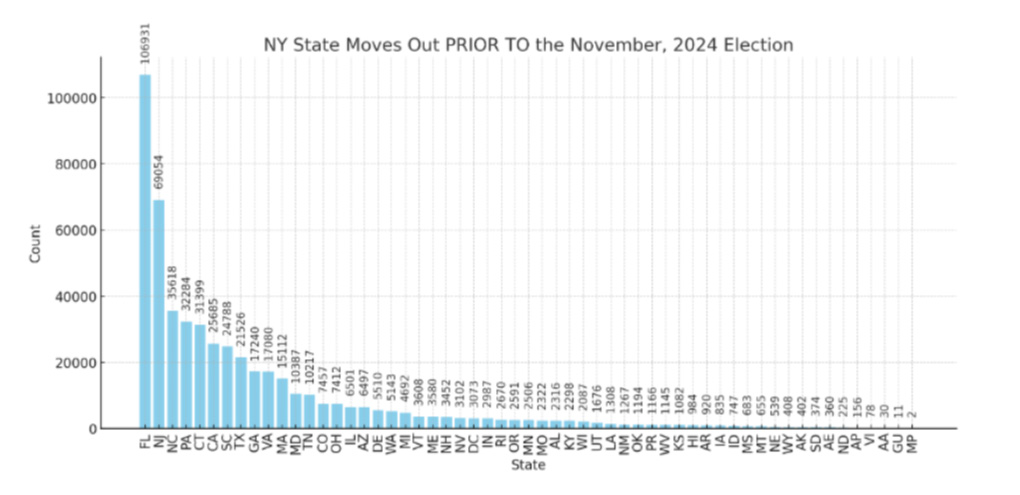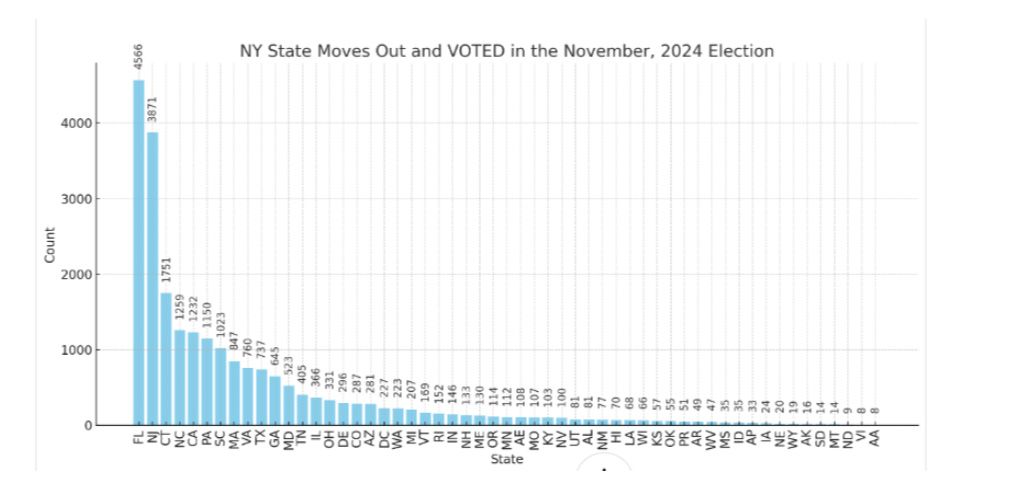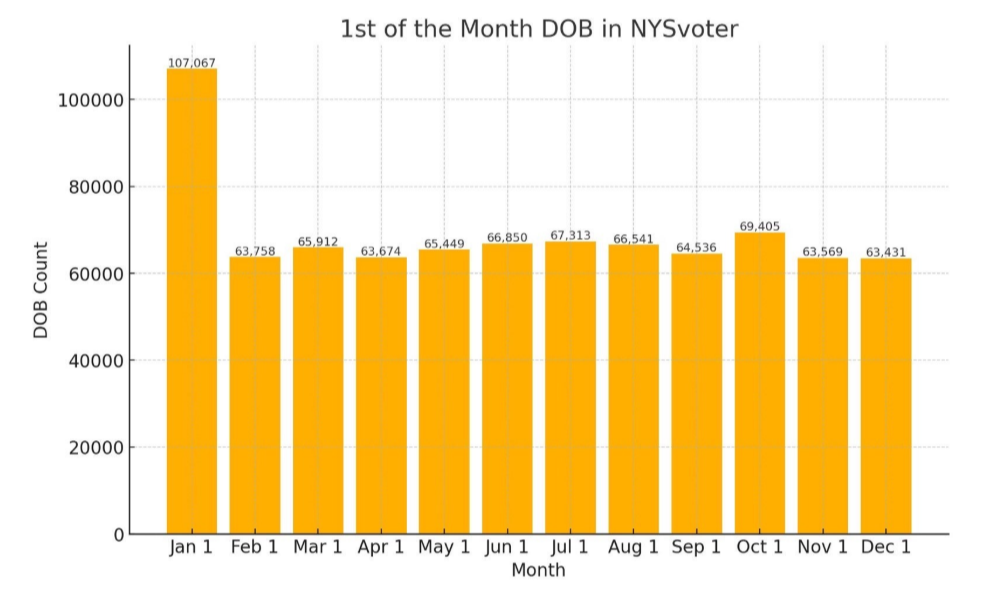Voter Roll
Data Research
Meetings Held Weekly
Meetings are held Monday evenings at 8:00 pm on Zoom. Check Calendar for link.
Meetings are held Monday evenings at 8:00 pm on Zoom. Check Calendar for link.
Whether you can spare a few hours or want to dive deep, your contribution counts. We train volunteers to assist with:
The National Change of Address (NCOA) database, maintained by the U.S. Postal Service, helps us identify voters who may be registered in multiple states. By comparing New York's voter rolls with those of other states, we flag individuals who appear to be registered in both jurisdictions. We then use NCOA data to verify whether these individuals have officially moved from one state to another.
If confirmed, these cases are considered potential double registrations. Next, we examine election records to determine whether the individual voted in both states during the same election. If so, this constitutes a double vote—an act that is a felony under both federal and New York State law. Confirmed instances of double voting are referred to County District Attorneys in New York for investigation. Cases of double registration are submitted to the appropriate County Boards of Elections for further review and remediation.
According to the January 19, 2025 NCOA report Project Civica received, the number of New Yorkers still on the New York State voter rolls who moved out of state prior to the November, 2024 Presidential Election is shown by the state they moved to in the graph below.

According to the January 19, 2025 NCOA report Project Civica received, the number of New Yorkers still on the New York State voter rolls who moved out of state prior to the November, 2024 Presidential Election but still VOTED IN NEW YORK is shown by the state they moved to in the graph below.

Each county needs a team to submit and track FOIL (Freedom of Information Law) requests for voter data. We'll show you how.
Volunteers needed in every NY county.
Determining whether only eligible citizens are voting is challenging, especially because the general public does not have access to Social Security numbers or immigration records. However, it is known that the U.S. immigration system often assigns January 1 as a default date of birth when asylum seekers or non-citizens arrive without legal documentation and are unsure of their actual birthdate.
With this in mind, we have been analyzing the New York State voter rolls to identify registrants with January 1 birthdates. Our research focuses on high-density areas where large numbers of these registrants appear to reside, as a potential indicator for further investigation into voter eligibility.

Our volunteer team includes:
We use tools including:
What We Do
Join the Effort to Ensure Accurate Voter Rolls
In support of a national initiative led by True the Vote, Project Civica invites and empowers local citizen researchers to participate in the IV3 platform—an innovative tool designed to promote transparency and accuracy in voter rolls.
IV3 is a web-based application that enables citizens to:
Participation offers a hands-on introduction to key concepts in election law, including residency and eligibility requirements, while giving you a direct view into the integrity of your local voter rolls.